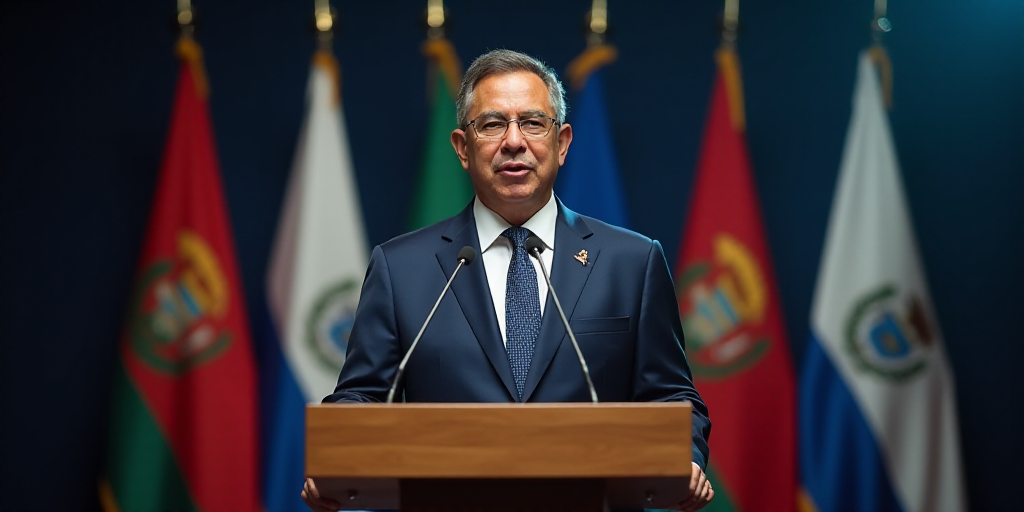Background on Colombia’s Situation
Colombia, the world’s leading producer of cocaine, has joined Bolivia, Myanmar, and Venezuela as countries that have “demonstrably failed to meet their obligations under international anti-drug agreements for the past 12 months,” according to US legislation. This decision was announced by Colombian President Gustavo Petro, highlighting the diplomatic stalemate between the two nations.
The Certifications and Their Significance
Since 1986, the United States has conducted an annual assessment of anti-narcotic efforts in about twenty producing and distributing countries. This evaluation determines the allocation of resources, with Colombia receiving approximately $380 million annually. The revocation of this certification signifies a significant blow to Colombia’s anti-drug efforts and its cooperation with the US in combating drug cartels like the Clan del Golfo and guerrilla groups involved in trafficking, such as the ELN and FARC dissidents.
President Petro’s Stance and Criticism
President Petro, a left-wing leader, expressed frustration over the US decision following the loss of numerous lives—police officers, soldiers, and civilians—in the fight against drug trafficking. The official statement from Washington echoed Petro’s concerns, stating that Colombia has failed to fulfill its drug control obligations due to political leadership shortcomings. The document also mentioned that coca cultivation and cocaine production have reached record levels under Petro’s presidency, exacerbated by unsuccessful attempts to negotiate with narco-terrorist groups.
Historical Context and US-Colombia Relations
Colombia was first descertified in 1996 under President Ernesto Samper, who faced allegations of campaign financing by the Cali Cartel—allegations that were never proven. Since then, the US has provided over $10 billion in military, social, and narcotic crop eradication aid to Colombia, making it a crucial military and commercial partner. However, since Petro took office in 2022, he has advocated for a shift in the war on drugs, deeming it a failure and suspending forced eradication of coca plants.
Impact on Colombia’s Drug Control Efforts
Despite the US descertification, Colombia claims it is still making substantial progress. In 2025, the country has seized 700 tons of cocaine and destroyed a record-breaking 4,570 clandestine laboratories, according to Defense Ministry data. Nevertheless, Colombia grapples with over 253,000 hectares of narcotic crops and produces at least 2,600 tons of cocaine yearly, as per the latest 2023 UN report.
Key Questions and Answers
- What is the US certification process for anti-drug efforts? It is an annual evaluation by the United States of anti-narcotic efforts in producing and distributing countries, determining the allocation of resources based on their performance.
- Who are the countries currently descertified by the US? Bolivia, Myanmar, Venezuela, and Colombia have been descertified for failing to meet their international anti-drug obligations.
- What is the significance of the US descertification for Colombia? The decision impacts cooperation in combating drug cartels and guerrilla groups involved in trafficking, affecting Colombia’s anti-drug efforts and its relationship with the US.
- How has President Petro’s administration affected Colombia’s drug control efforts? Petro’s shift in focus from forced eradication to alternative strategies has coincided with record levels of coca cultivation and cocaine production.






